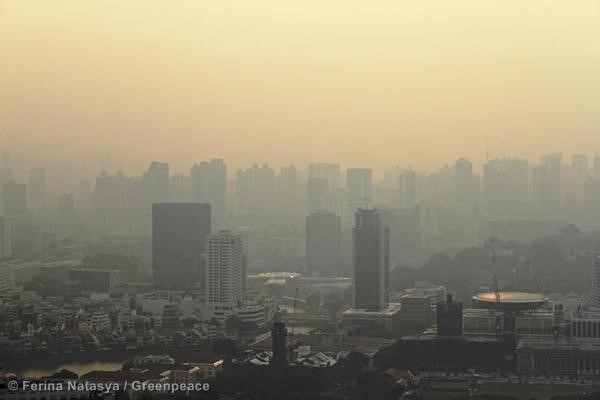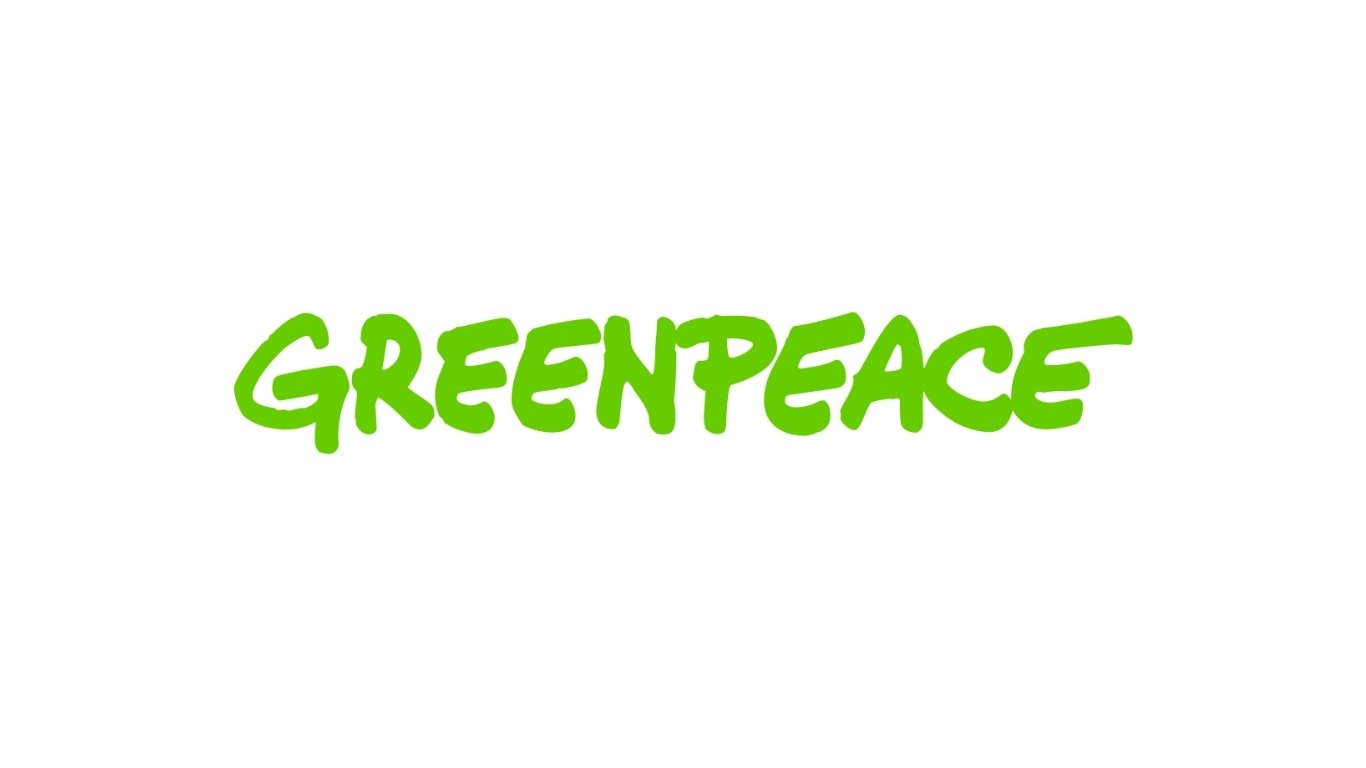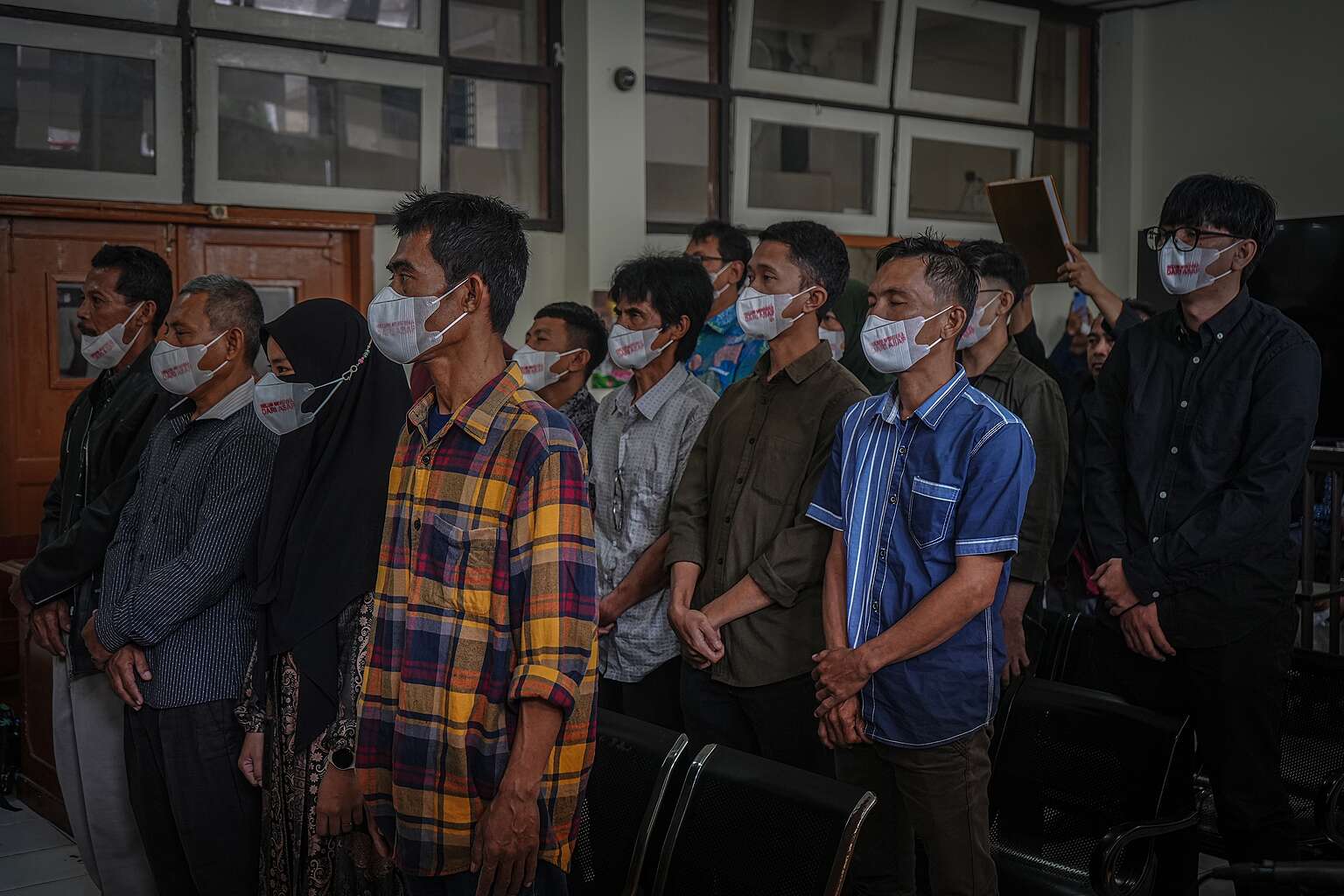Bangkok– Greenpeace activists today presented an hourglass filled with dust from areas in Bangkok and other provinces most affected by the severe air pollution to a representative of Prime Minister Prayuth Chan-Ocha at the Office of the Civil Service Commission.
According to activists, the hourglass symbolizes calls on the government to urgently tackle the air pollution crisis caused by fine particulates less than 2.5 micron (PM2.5) from transportation, open burning, electricity generation and manufacturing. They also submitted an open letter to the government [1].
“Bangkok cannot continue choking on hazardous air. It endangers the lives of people, affects economic productivity and negatively impacts the prestige of one of the most popular cities on earth,” said Tara Buakamsri, Thailand Country Director of Greenpeace Southeast Asia. “The Prime Minister, who is also the chairperson of the National Environment board, should order the Pollution Control Department to upgrade the country’s air quality index and immediately implement proper air-quality warning systems to protect people’s health.”
Since 2015, Greenpeace compiled a ranking for PM2.5 in Thailand, which consistently indicated that air quality in urban areas have deteriorated over the years. Bangkok and urban areas showed elevated levels of PM2.5, exceeding the safety limits set by Thailand and the World Health Organization. It also one of the key sustainable development goals where Thailand has failed, nor is there a target to cope with the current crisis. [2]
Bangkok has suffered the worst air pollution in its history, of 52 days between 1st January 2018 to 21 February 2018, there were 40 days in which the level of PM2.5 exceeding the World Health Organization’s 24-hour safety limits in some areas. [3]
In the open letter to Prime Minister Prayut Chan-o- cha, Greenpeace emphasized that in order for the government to reach its 20-year vision of “Safe Air for All” it needs to:
- Set the standard of PM2.5 and mercury at its source, including measurement and reporting of PM 2.5 and mercury emissions from smoke stacks of fossil fuel power plants.
- Set the reduction target for PM2.5 in ambient air at 30% by 2036 under its 20 year strategic plan for air quality management in Thailand to reduce exposure from dangerous air pollutants.
- Set as a key indicator the reduction of premature deaths from dangerous air pollutants including PM2.5 in its 20-year strategic air quality management plan in Thailand.
- Monitor and report the concentration of PM 2.5 and other air pollutants such as Polycyclic aromatic hydrocarbon (PAHs) that threaten people health. Make this information public.
- Take into account the implementation of Article 8 under Minamata Convention on mercury controls and, where feasible, reduce emissions of mercury and mercury compounds in the atmosphere from point sources including existing coal-fired power plants.
Notes to editors:
[1] Open letter to the government https://www.greenpeace.or.th/UPP/Air-
Pollution/Letter-to- PM-Prayuth- PM2.5.pdf
[2] http://www.greenpeace.org/seasia/th/campaigns/Urban-Revolution/Air- Pollution/Right-
To-Clean- Air/City-ranking/
[3] https://www.greenpeace.or.th/UPP/Air-Pollution/PM2.5- and-day- that-exceed-
standard.pdf
[4] According to State of Global Air https://www.stateofglobalair.org/data in 2016 PM2.5
caused 37,500 premature deaths in Thailand. Coal plants in Thailand cause an
estimated 1,550 premature deaths every year according to new research by Harvard
University and Greenpeace Southeast Asia. That number could climb to 5,300 a year if
plans to expand electricity production by building new coal-fired plants go ahead.
[5] Thailand is the first country in Southeast Asia to sign the Minamata Convention on
mercury. The convention declares that “mercury is a global chemical concern because
it can be transported far into atmosphere. Mercury has the ability to accumulate in the
ecosystem and have a significant negative effect on human health and the
environment.”
For more information:
Tara Buakamsri, Thailand Country Director, Greenpeace Southeast Asia
Tel.: 089 476 9977 Email.: [email protected]
Somrudee Panasudtha, Media Campaigner, Greenpeace Southeast Asia
Tel.: 081-929- 5747 Email.: [email protected]

End the air pollution crisis once and for all, because no-one should have to worry about what they breathe.
Get Involved


